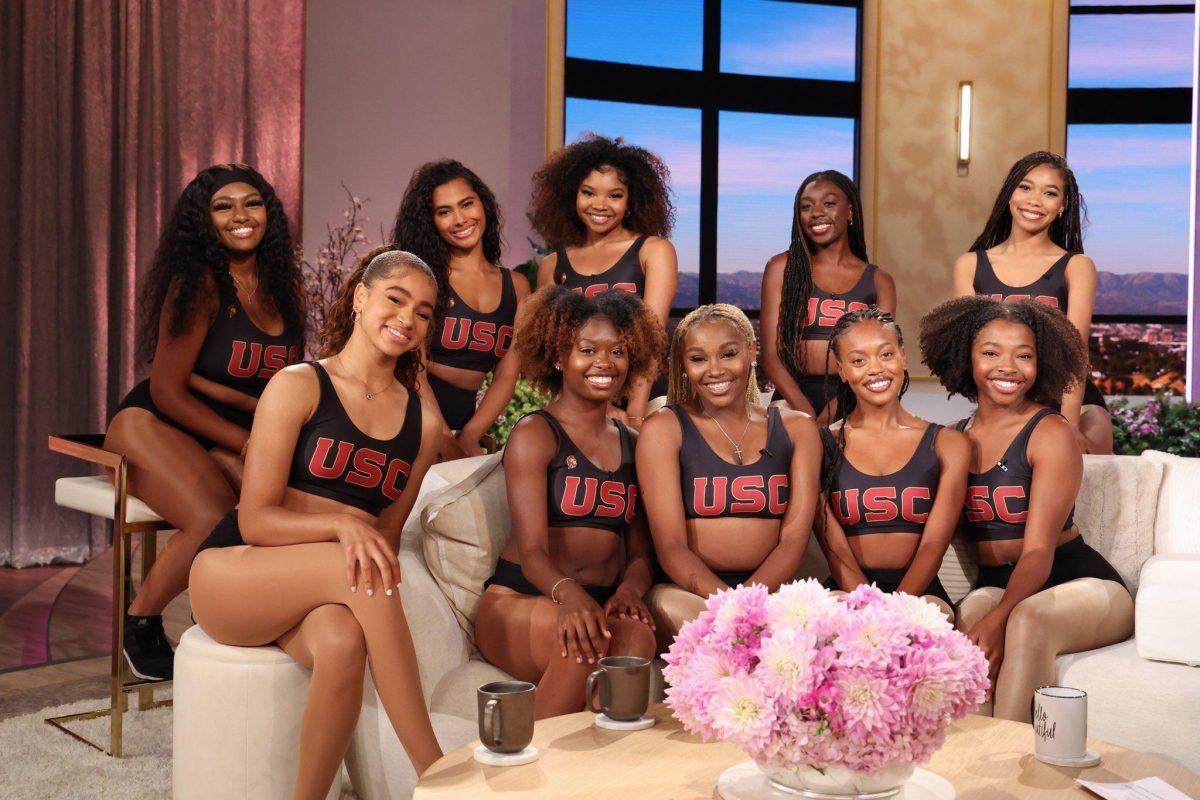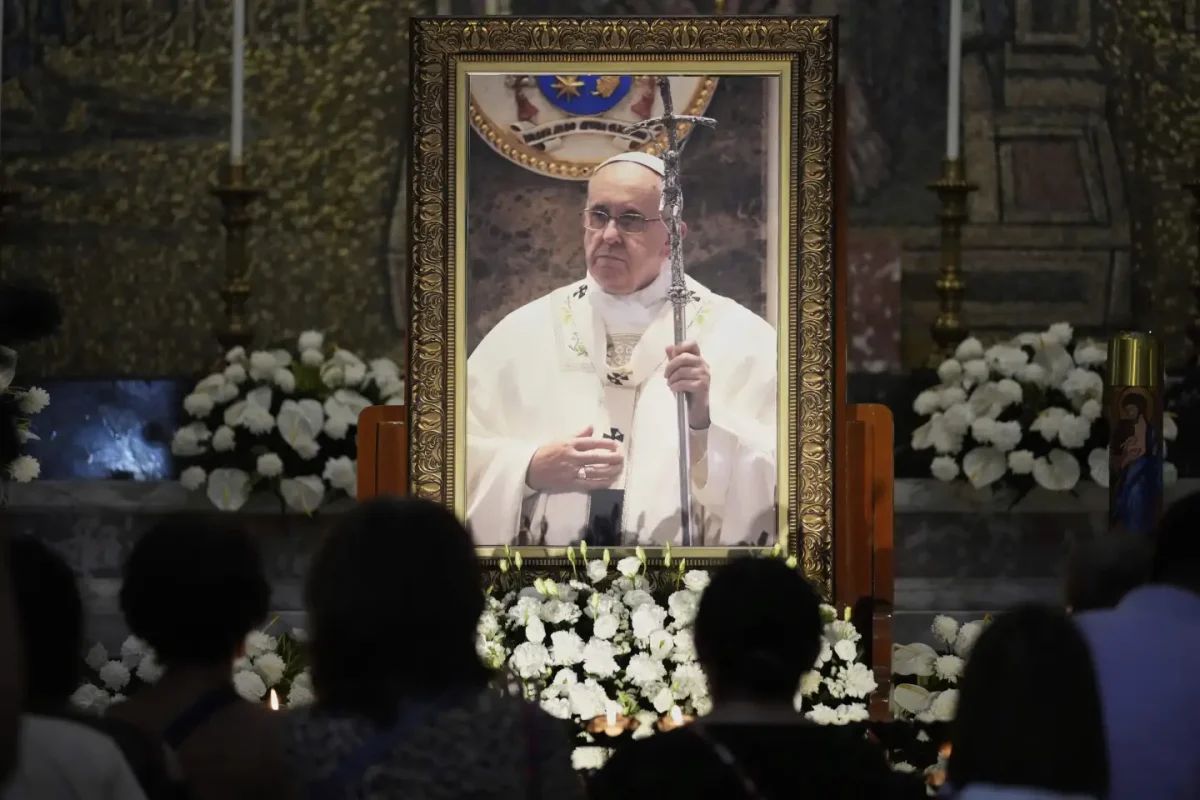University of Southern California student Princess Isis created the first Black majorette team at her predominately white institution in September. Mixed reactions followed on social media.
The controversy begs the question: Do Black spaces belong at PWIs?
While there were many who praised her efforts to bring and celebrate Blackness in a predominantly white space, there were others who criticized saying she was “stealing HBCU culture.” Black students deserve safe spaces at PWIs, but it shouldn’t come at the expense of the culture of other Black people, critics said.
Meanwhile, those in favor of the majorette team argue that because the student is Black, the problem doesn’t exist. But dismissing this as a race issue and not seeing it as a cultural issue is problematic.
One could argue that HBCU culture and Black culture are the same, but this simply isn’t true. While PWIs have existed since the country’s birth, HBCUs came later as a means to educate Black people. Distinct styles of music, fashion and dance can be found on HBCU campuses across the Southeast region of the U.S.
A Black person of Jamaican descent and an African American are culturally different. Something like majorette dancing may seem minuscule in the eyes of others, but it’s a part of a deep-rooted culture that deserves respect.
On the flip side, there are those who feel that if Black students want the Black experience, then they should attend an HBCU. This thought process can be inconsiderate to others and their circumstances. In the state of California, for example, there’s only one HBCU.
Those who attend HBCUs must realize that those institutions aren’t widely accessible by location the way most PWIs are. Finances are also a large part of the issue.
While HBCUs are typically less expensive than the average PWI, they don’t offer financial aid on the same scale. These factors are just a few among many reasons as to why some Black people don’t attend HBCUs.
All of these topics were discussed in a five-hour-long Twitter space concerning the new team. A common sentiment shared was the supposed lack of respect and homage paid to those who originated the style.
Over the last week, the tension has thickened because the majorette team, called the Cardinal Divas, guest starred on The Jennifer Hudson Show. Up until now, this culture and art form was widely ignored by the masses, but now it’s gained viral attention.
When asked about the style of dance on The Jennifer Hudson show, Isis replied, “Majorette dance is a style of dance that originated from HBCUs. This is incorporated with aesthetic dancing as well as hip hop influences…”
Isis’ response immediately invalidated the claims of ignorance that came from her critics. It also shows the clear miscommunication and disconnect between both sides.
In the interview, the team members verbalize their desire to create Black spaces at their PWI. All feelings involved are valid and shouldn’t be dismissed so quickly. The constant debate is striking a divide within the Black community, and it won’t stop until some sort of change is made.
Yes, the preservation of HBCU culture is important, but so is the infancy of Black culture at PWIs. Both cultures can peacefully coexist with the right communication and respect toward one another.
Jemiah Clemons is an 18-year-old kinesiology freshman from Miami, Florida.






